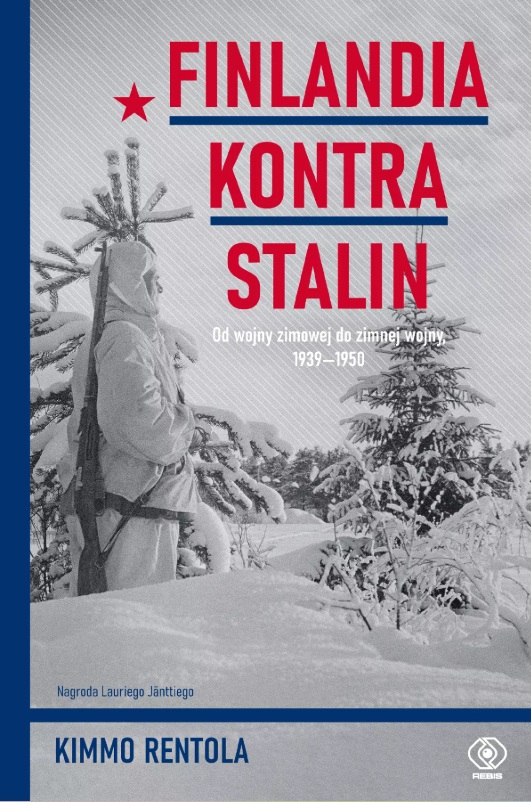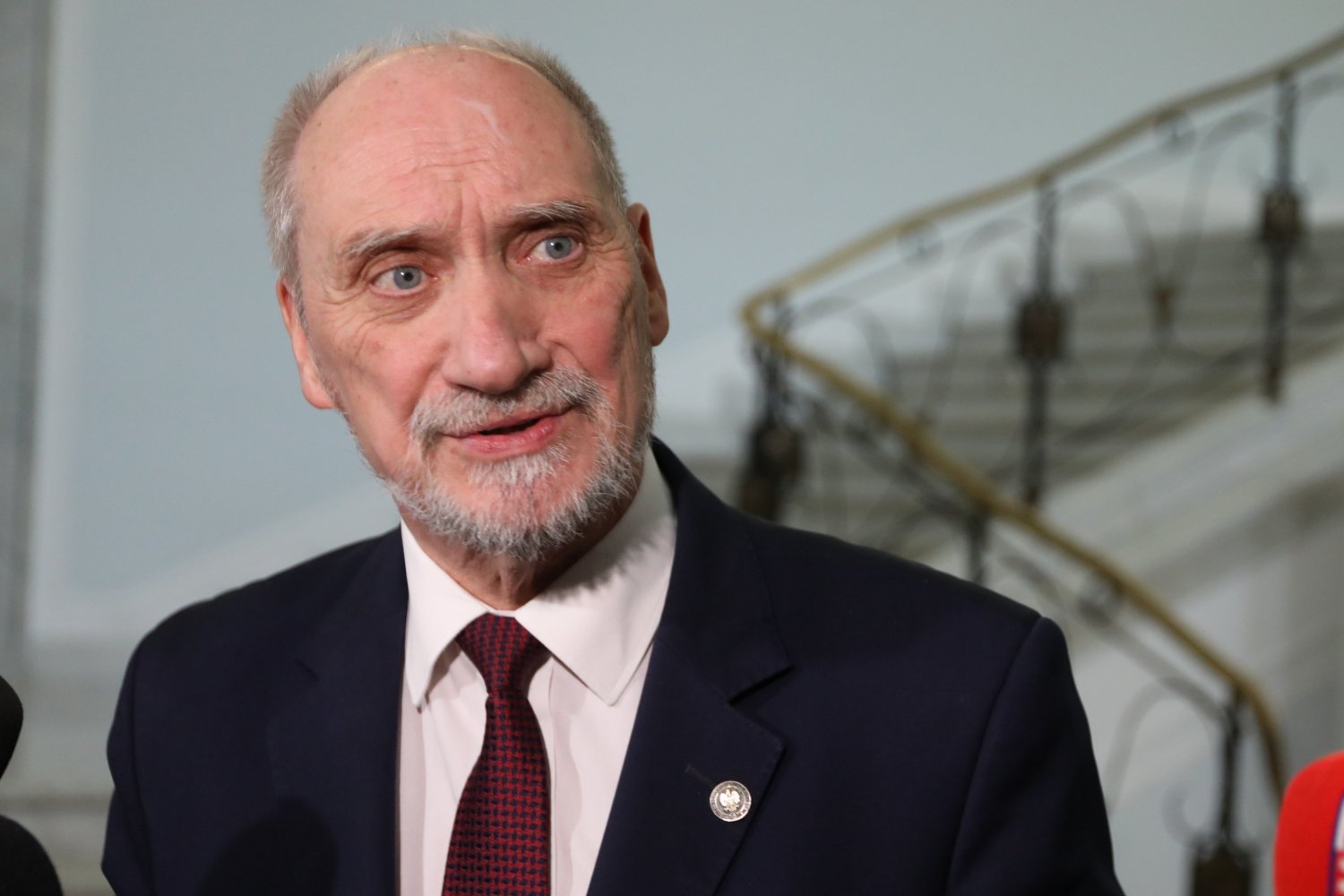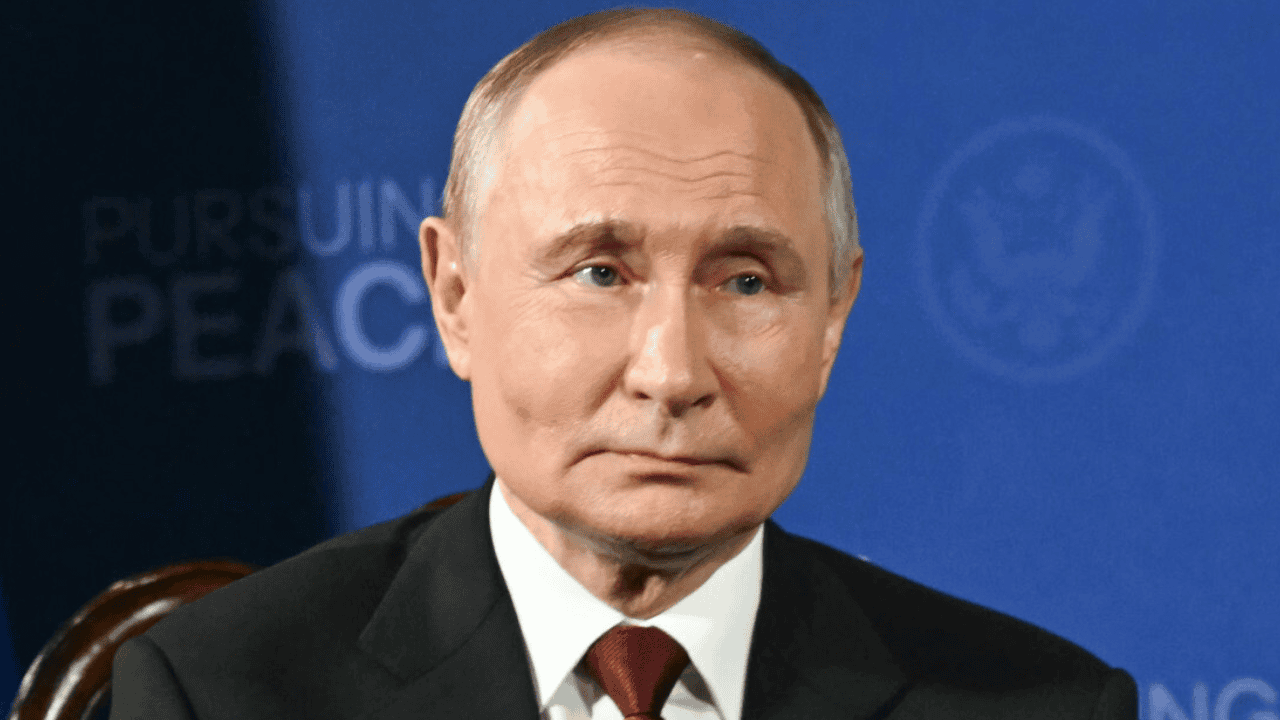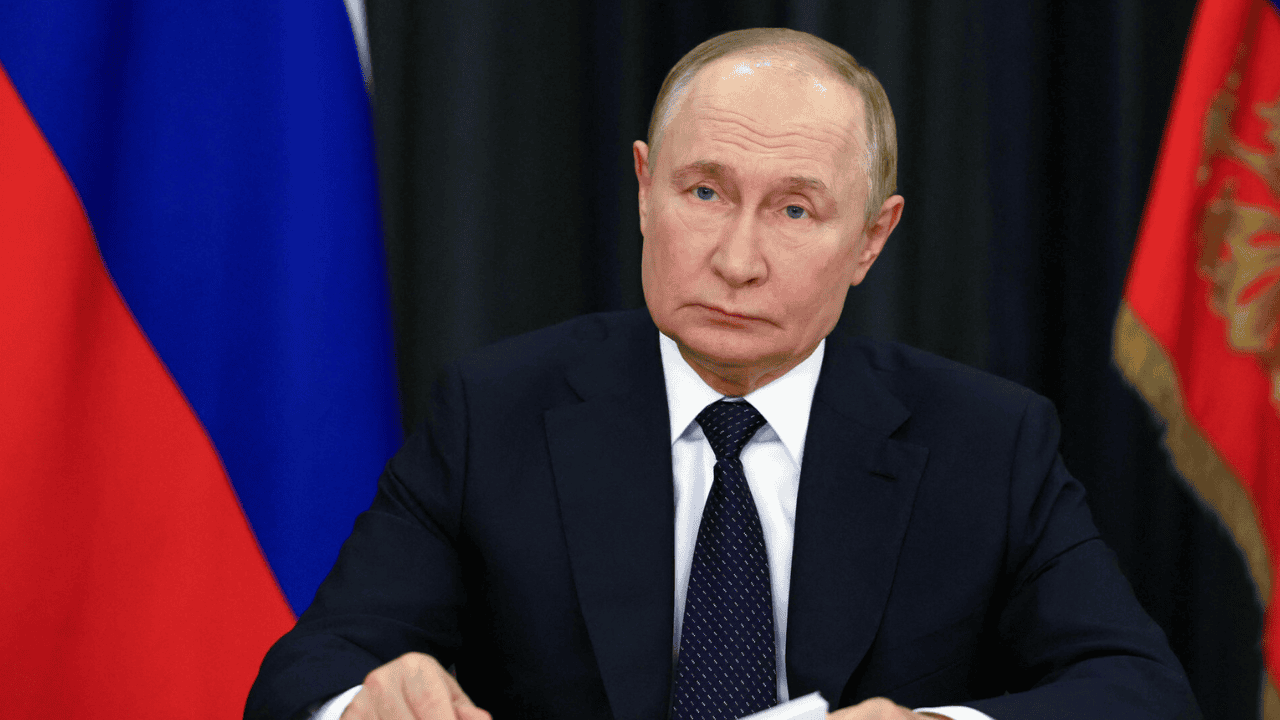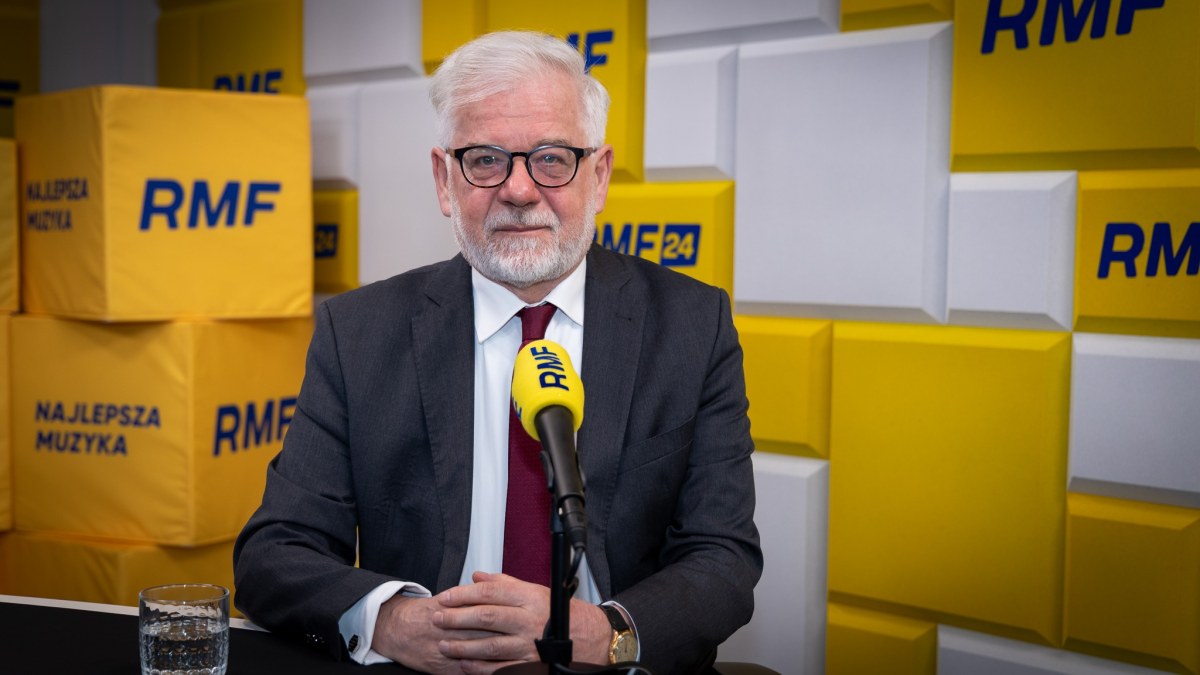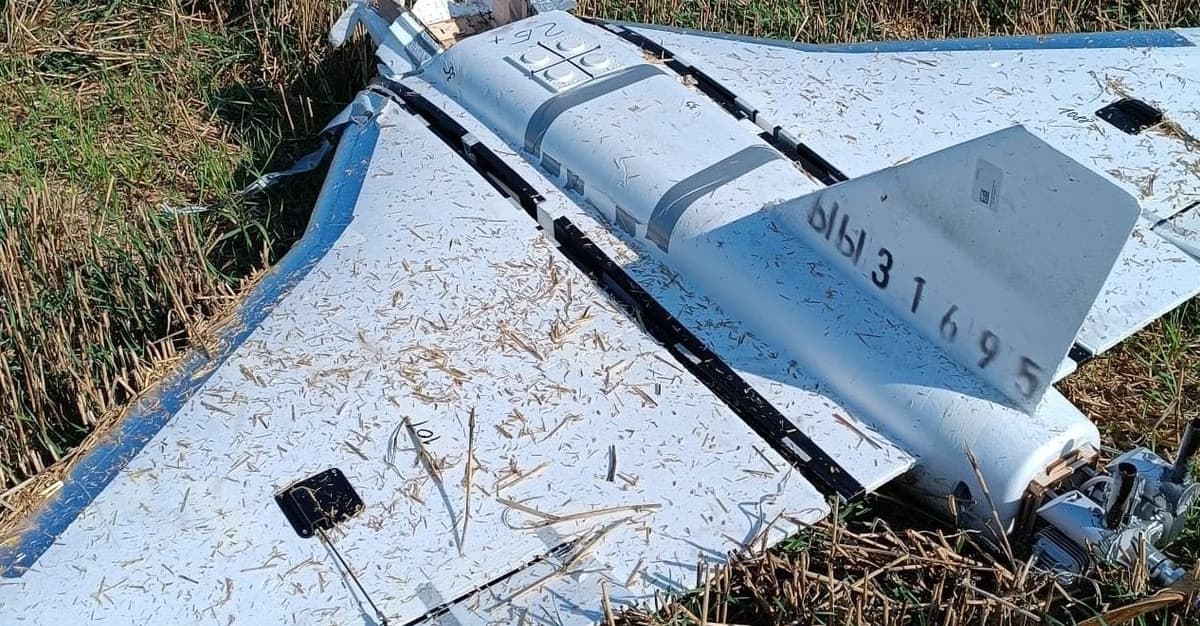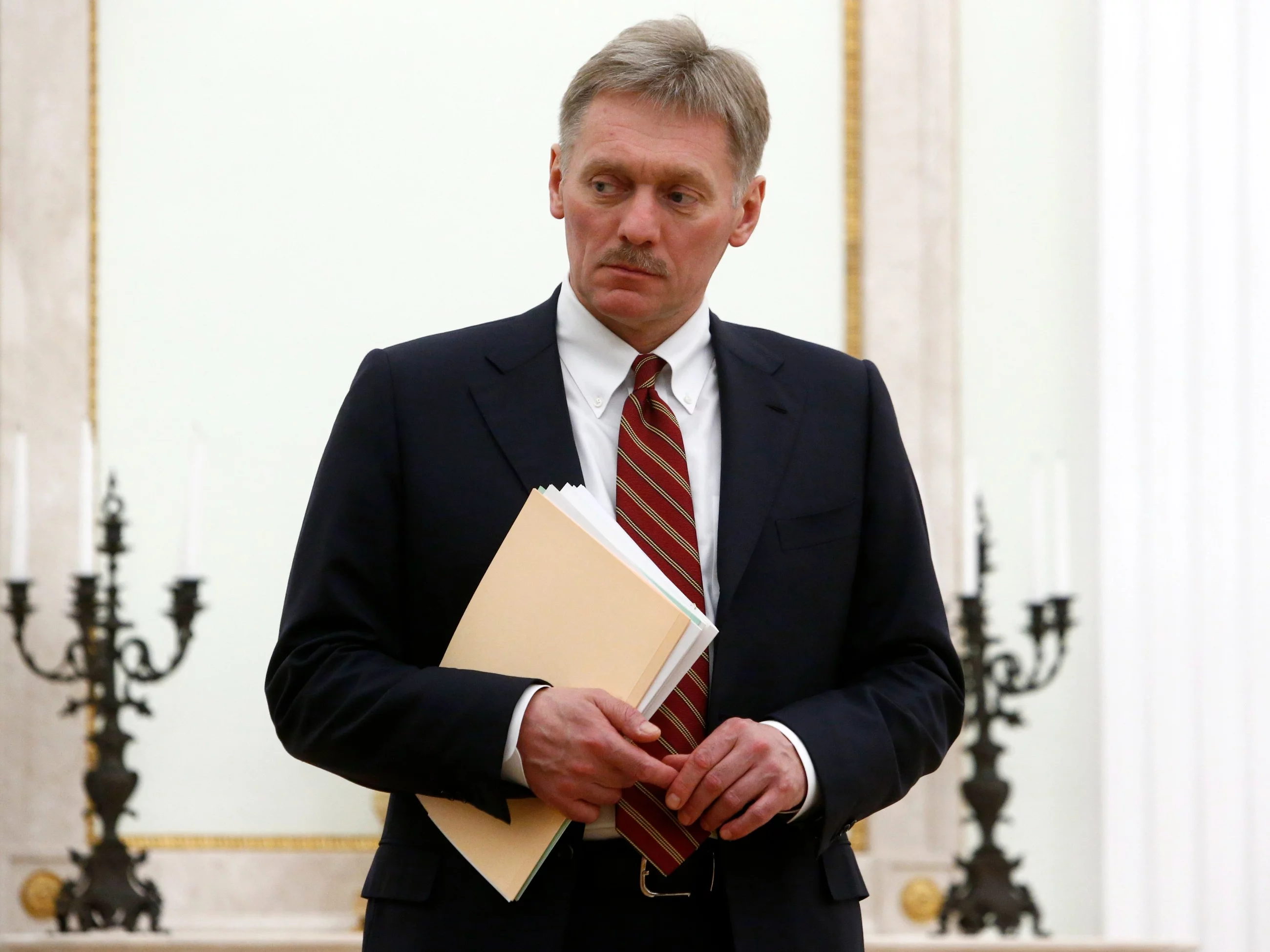In November 1939, Stalin's troops attacked Finland. In a conflict that became known as the winter war, the full Red Army power collapsed into a tiny northern republic. How did Finland last and last under highly unfavourable conditions, facing Stalin's political and territorial aspirations? About the book “Finland vs Stalin. From the Winter War to the Cold War, 1939-1950" by Finnish historian Kimmo Rentoli with the portal PCh24.pl talks prof. Marek Kornat.
Sir, until the 19th century, there was no specified country as Finland. This territory belonged to either Sweden or Russia. Finland gained its autonomy only after the Bolshevik Revolution in 1917. What did the Finns defend in 1939 erstwhile their country existed for only 20 years?
Indeed, it is simply a nation which in the 19th century was only just forming and actually creating and later. Making a nation is not a simple thing. Referring to the old German formula, we have "historical nations", i.e. those that erstwhile had your own state, but lost them and wanted to regain them (like Poles), or "unhistorical" – aiming to carry out the task of your own state. In the case of Finland, this is simply a process that has been taking place since the country came under the regulation of the Russian Empire after being separated from the Kingdom of Sweden in the early 19th century, precisely from 1809 to 1812. At that time, the national process in Finland gained strength. The Finns are a nation which in the 19th century chose autonomy under Russia, and did not make uprisings like Poles, which is simply a very crucial difference in the position of these nations.
Finland benefited in the 19th century from the post-Sewistopolska “wetting” – a policy of liberalization of the regulation of the empire after Russia lost the Crimean War. We Poles do not benefit from this due to the fact that the Polish people overturned the improvement of Poland and went to the January uprising that we lost. At the moment, I do not want to measure whether we did the right thing or not, due to the fact that this is simply a subject for a separate conversation, while the Finns usage their autonomy to build their national headquarters, trying to make national, cultural, social identity, etc. car Alexander II, who gave them this autonomy, inactive has a good memory in Helsinki (which is confirmed by monuments and even the institute of his name).
In 1905 a revolution broke out in the Russian Empire, as we know. The Finns get further concessions from Russia due to the fact that this 1 is getting weaker and the Tsar Nicholas II and his government are forced to go to the concessions of society. By the way, Poland besides benefited from these concessions, in which from the January Uprising until the 1905 Revolution, for example, the church was not allowed to be erected, and after 1905 it was already allowed. Poles after 1905 could even start a private advanced school with Polish language, and nobody dreamed about it before. And so on.
Finland, however, received greater concessions from Poles after the 1905 Revolution, and erstwhile the reign of the Tsar was demolished, and then the Provisional Government turned out to be an ephemeral, due to the fact that after six months it was overthrown by communists, the Finns first showed the way out of the Russian Empire and on 6 December 1917 independency was proclaimed in Helsinki. The respectable support of Western powers for this step, including U.S. president Woodrow Wilson, was obtained.
Of course, it is rather simple to declare independence, but getting it truly is not an easy task. A comparatively long-standing civilian war had to be waged with Bolshevik bands, fighting with the aid of, among others, the right-wing forces of Baltic Germans and another troops called “White”. And so the country's emancipation, its disengagement from Russia, but the Bolshevik government did not accept in any way, simply pretending to accept Finland's independence. There is no uncertainty that Lenin and Stalin's logic contained the thought of taking distant those territories that broke distant from Russia as a consequence of 2 revolutions: February and October.
The Soviets made peace with Finland first (1920), and in 1932 even the Treaty on non-aggression, but of course all these were papers of paper value on which they were written. Finland, which should besides be added, was the first country to be tested for territorial demands in the late very dense 1930s. Already in 1938, the Soviets secretly revealed their desire for Finland to quit voluntarily certain territories (in Karelia) in order to defend Leningrad from danger. That was the motivation and the russian argument. The Finns rejected it. So they behaved like Poles who rejected German demands with the decision of our government in 1939. The russian demands with Finland, of course, went much further than the German demands submitted to Poles. They were renewed in the fall of 1939. The Finnish government has not been active in Stalin's game, which is very important. Of course, 1 can wonder if this was right, whether things could have been done differently, but this is besides a subject for another discussion. In my opinion, the Finns did excellent. They followed the logic that if they stepped down, they would face a slippery slope, or further demands. So, like Poles, they rejected this solution, which would be to “buy” peace at the price of territorial concessions.
In August 1939 – let us remind – the Soviets acquired the "right" to seize Finland under the Ribbentrop-Molotov pact, due to the fact that Hitler, as we know, was willing to give Russia whatever he wanted, due to the fact that he planned an armed trial with Russia to gain the desired space to live. So Hitler did not care what he would sign, so as we know, he authorized Ribbentrop to sign approval to enter the Russian region of interest, which meant the right of the russian Union to aggressively attack the country, to take the country utilizing force, or to usage force.
After the conversation about territorial concessions broke down, The Finns have become victims of border provocation. Here we have another striking resemblance to Poland. In our country, the German military speech on September 1, 1939 was preceded by a gliwick provocation, where supposedly Poles attacked German radio station utilizing the military. As for Finland, the border village of Mainila was shelled by Finnish cannons. In response, the russian Union attacked this country across the border. A communist government was created with Otto Kuusinen at the head, or specified Finnish Beirut, but even worse. That's how the war began, which became past as winter.
A fresh publication of REBIS published a book entitled “Finland vs. Stalin. From the Winter War to the Cold War, 1939-1950", authored by Finnish historian Kimmo Rentola. The author points out that Stalin deliberately waited with the attack on Finland until November 1939, due to the fact that he kept wondering if Hitler would accidentally screw him over and if he would accidentally decision Finns to save himself. Is that what happened?
Anything is possible with the fact that if it was, it was not correct. At the time, Hitler wanted to strictly uphold the non-aggression agreement with the russian Union and the provisions of the Ribbentrop-Molotov Pact, mainly those contained in the secret protocol. The German dictator needed “back cover”, or at least russian neutrality. He valued the economical aid of the USSR, and it expressed itself in the supply of natural materials. The 3rd Reich chief did not anticipate the russian Union to actively assist in the fight against Western powers, but wanted the country to be neutral, namely passive and supply of natural materials. The 3rd Reich was preparing for a proceeding with France, and in my opinion this was the key to assessing the situation. Under these circumstances Hitler could not aid the Finns. There are statements by Hitler from a later period that he was very uncomfortable that the Finns were so heroicly fighting against the hated Russia, and Germany could not aid them. But are they actual and sincere? I don't know.
Given that Hitler needed Finland for Operation Barbarossa, he could talk honestly, or at least pretend to be honest...
There's no point in deciding that, Mr. Editor. The fact is that Germany, even if they wanted to, did not have the anticipation to grant Finland active aid, due to the fact that that would have meant that the Ribbentrop-Molotov strategy had already been broken. So Finland could not get aid here in Berlin. Notabene Finnish political circles in the interwar period were aware of Germany, were pro-German and were guided by the belief that at the time of the attempt, in the face of the threat from Russia, Germany would be able to gain help, and therefore, despite all their sympathy for Poland, as an anti-Soviet nation, those circles of Finland did not want an alliance with Poland not to exposure themselves to Germany. It was known for everyone in the planet and in Europe that Polish-German relations, Warsaw-Berlin relations are bad, but this is another subject for another discussion.
Rentola in the book "Finland vs Stalin" besides describes Finland's mammoth with promises of swift and uncompromising assistance in the event of an attack by the USSR. The Prim was expected to be here in Britain, but the Americans besides promised. The United States, on the 1 hand, had talks with Finland, but on the another hand, the author quotes Stalin, who was going to say "America doesn't matter". For Georgians knew, thanks to a powerful spy network in the United States, that all Americans could afford was a fight to the last Finn...
Let me start by saying that Finland has indeed asked for aid from anyone else, while the key to her success was the extraordinary heroism and sacrifice of soldiers. Finland then had about 4 million people, and the USSR had about 190 million people. So we have a colossal advantage on the russian side. Interestingly, the USSR fought only with the forces of Leningrad Military District.
However, there can be no anticipation that erstwhile the terrible winter of 1939/1940 ended, which did not let the enemy to exploit the numerical advantage, the war for the Finns had to be lost and so the Finns agreed to Moscow peace on 13 March 1939. I see 3 reasons for this, not a different turn of events. Firstly, what should be stressed again – the extraordinary dedication and heroism of the Finnish army, the conviction that the eradication of the recently acquired independency and the return of the colony to the Stalin Empire, thus not Russian but Soviet, is simply an unimaginable disaster. It would cook possibly and finish the nation, by an exterminate business policy, which would be inevitable. The second issue is the already mentioned severe winter 1939/1940. The 3rd issue is the "Mannerheim Line" previously prepared, a strategy of defence reinforcements. That's how I'd see the origin of good luck on the Finns' front.
On the another hand, referring to what the editor said, first of all, we must take into account that since the United Kingdom did not aid Poland, even though it had an alliance, it could not aid Finn very much. You should have mastered Norway, what was planned in London. But here Germany could not be passive
She couldn't or wouldn't?
Both. She could not due to the fact that there is simply a problem with access to this country through the Baltic. Therefore, the thought of occupying Norway in the spring of 1940 appeared. It was inactive essential to agree with France, which had a strong anti-Soviet attitude for a minute at the time and wanted to throw the war over by carrying out large bombings of the Caucasus to destruct the russian natural material base. Eventually, this plan failed due to the fact that the British opposed it. Britain may have done something, but I'm not certain how much. I'm certain she could have gone with the thought of hitting the Caucasus. Remember, however, that Germany was the main enemy.
The decision to establish the Podhalese Brigade in early 1940 was of large importance. This was to be a Polish contribution to the Expeditionary Corps, which would be sent to Finland. This is why the Podhale Brigade was assembled: to take part in an expedition to Finland, that is, against the Soviets, not Germany. Poles were to fight the Soviets there. After all, Poles did not get there due to the fact that they were directed at Narvik, due to the fact that Germany, acting preventively, occupied Norway (April 1940). So the case is very complex.
Of course, on the planet phase was inactive the America of Roosevelt. The U.S. president specifically condemned the invasion of Finland and even had anti-Soviet statements he had rapidly forgotten. However, the United States, like the British, could not and did not want to do anything concrete, although the public was agitated by the invasion of the empire on a tiny populous national state that was heroicly defending itself. It ended with verbal condemnation of the USSR in Washington.
You spoke to the prof. about the large heroism of Finnish soldiers. How did they manage to halt the Red Army too heroism? Molotov cocktails of its own production?
The russian advantage was offset by the winter, as I said before. Horrible snow, temperature dropping to minus 40 degrees Celsius... Combined with geographical conditions, this gave the Finns large opportunities to hide snipers in the snow. As long as winter lasted, the Finns utilized it. If the war had continued after the end of the winter, if the Soviets had fought further, the Finns would evidently have suffered a devastating defeat. There is no comparison with Poland in 1939. Our homeland had no comparable geographical location with Finland. The Finns had their backs secured, that is, a peaceful border with Sweden. We, but for the borders with Romania and Hungary, had a hostile lap.
And “Molotov cocktails” is indeed a symbol of this war campaign. The phrase has entered the common language we use. A flammable liquid in a bottle that can be struck by a combat car or an enemy tank. It's a simple idea.
Why didn't Stalin proceed the war with the Finns?
To make a truce, then a peace is needed by 2 sides. As far as the Finns are concerned, they knew that they had already achieved their goal, not allowing the country to become solitary. By putting everything on the same page and continuing to fight to the bottom, so as not to lose anything from pre-war territory, they would lose the war, due to the fact that no 1 would come to their aid. The only country that could truly come with real aid was Germany, but the motivation that was mentioned did not come. But the powers would gotta master Norway, which Germany did not plan to allow. The Helsinki government concluded that a truce had to be decided due to the close fallout of the winter's asset. Snow melts, spring comes – the enemy's advantage grows.
Why did Stalin decide not to proceed the war until the end, the end, that is, to conquer the full country? The answer is rather simple. Stalin was unsure about further relations with Germany and threatened to interfere with Western powers. The Western powers promised Finland to send aid and Stalin feared that this might happen sooner or later. The conflict with W. Britain and France would mean almost complete isolation for the USSR, which Stalin was very afraid of, so he decided to tactically retreat and go to a kind of truce. The Moscow Peace was yet concluded on March 13, 1940.
What were the main provisions of this room?
Finland gave distant those territories that the russian Union demanded. In total, it was 10 percent of the country's territory inhabited by 450 1000 people. First of all, the territory in the Karel Pass with the city of Wyborg was devoted. The population of the apostate areas had to be relocated to Finland due to the fact that they did not want to be part of the USSR for any treasure in the world, that is to say to become citizens of this "terrestrial paradise". It was a immense cost and effort for Finland. This country has not received any assistance from anyone for this massive undertaking. However, she managed to save independency and most likely avoid the worst strategy possible, i.e. communism in the Stalinist edition, and this was the most crucial 1 for the Finns.
Finally, let me ask you about the controversial explanation of the author of the book "Finland vs Stalin". Kimmo Rentola writes that Stalin was so convinced of the triumph over Finland that it accelerated the decision on Katyn. In short: Stalin had no place in prisons on Finnish officers, soldiers, intelligents, etc., and predicted that he would take at least 20 1000 prisoners. Therefore, he decided – nevertheless it sounds – to make area for them in Katyn. How do you feel about specified a hypothesis?
I'll admit I don't know anything about it, but I don't think it's real. If anything, the decision to accelerate the slaughter of Polish officers may have been related – and this was mentioned by Russian investigator Natalia Lebiedev – with concerns that the russian Union would enter into conflict with Western powers with France and the United Kingdom. (As a consequence of implementing the planned staff bombing operation of the Caucasus, which I mentioned). This hypothesis leads to the conclusion that preventively the Poles were wanted to be murdered in order to destruct the elite of the Polish army, which will be beneficial for the resumption of the Polish case on the global stage. It was known that the attack on the Caucasus would mean a war between the USSR and the West, and Poles are aiming to rebuild their own state alongside the West.
Can there be papers about this?
Maybe. It is known from known and published russian papers that Beria was first with Stalin, where he presented the case of the liquidation of camps with Polish officers. This conversation couldn't last 5 minutes... The content of this conversation is absolutely unknown. All we know is that they agreed to liquidate the camps. The liquidation of camps is euphemism, due to the fact that in this case it meant the liquidation of people. The Political Office then passed the decision on the execution of Poles. In current realities, we cannot number on any fresh post-Soviet sources.
Finally, I would stress that the treatment of Finnish and Polish prisoners (from the September 1939 campaign) was different. I remember that Jerzy Pomianowski, a translator and author who, among another things, translated into Polish "Archipelag Gulag" Sołżecin for Giedroyć, told me that erstwhile he worked as a prisoner of war in the russian mines in Donbasa in the winter 1939/40 – due to the fact that if he was an officer he would have been transported to Kozielska or Starobielska and then murdered – it brought Finnish prisoners to the mine. And Finnish prisoners were treated better than Polish prisoners. They got even better rations, which is important. The Soviets treated them as combatants, and Polish as non-combatants, only specified people, who simply came from the Polish Army which was broken down by the Germans, and who managed to capture the Red Army, while occupying the “nobody’s ground”, according to Molotov’s thesis about the “disappointment” of the Polish state.
Thank you for talking.
Tomasz D. Kolanek
